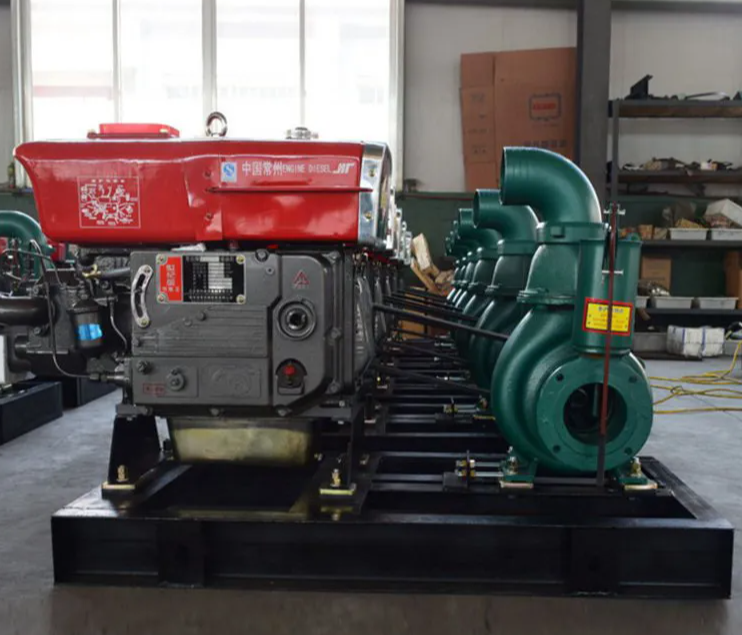Key benefits of using a diesel engine water-cooled pump
A diesel engine water-cooled pump is an essential component in various industrial and agricultural applications. Its main function is to transfer water for cooling purposes, helping to regulate engine temperature and prevent overheating. These pumps have gained popularity due to their distinct advantages, making them a preferred choice in numerous sectors. Below are some of the key benefits of using a diesel engine water-cooled pump.
One significant advantage of diesel engine water-cooled pumps is their efficiency. Diesel engines, known for their high torque and power output, provide a steady and reliable source of energy for the pump. This efficiency translates into greater fuel economy and the ability to handle large volumes of water with ease. Compared to electric pumps, diesel engines are often more fuel-efficient, especially when used in remote areas where electricity may be unavailable or unreliable.
Another important benefit is the durability and robustness of diesel engines. Diesel-powered pumps are designed to operate in tough conditions, making them ideal for demanding environments such as construction sites, agricultural fields, and emergency situations. The water-cooling system prevents the engine from overheating, ensuring optimal performance even under heavy load or high temperatures. This resilience helps to extend the lifespan of the pump, reducing maintenance costs and downtime.
The water-cooling feature of these pumps is also crucial for their optimal performance. The cooling system ensures that the engine remains at a stable temperature, preventing the buildup of excessive heat, which can cause engine failure or reduced efficiency. Unlike air-cooled engines, which are more prone to overheating in hot climates or high-stress situations, water-cooled engines maintain consistent temperature regulation, allowing for continuous operation.
Diesel engine water-cooled pumps are also relatively easy to maintain. With the appropriate maintenance schedule, these pumps can run for thousands of hours without major issues. Regular checks on the coolant levels, engine oil, and fuel system are typically all that is needed to keep the pump running smoothly. The simplicity of their design means that parts are widely available, and service can often be performed by technicians with basic skills, lowering the cost of repairs and reducing downtime.
Additionally, diesel engine pumps are versatile and capable of handling various tasks. They are used in a wide range of applications, including irrigation, dewatering, fire-fighting, and drainage systems. Their ability to operate in off-grid locations, where access to power grids is limited or non-existent, makes them highly flexible and valuable in areas with infrastructural challenges.
In conclusion, the diesel engine water-cooled pump stands out for its combination of efficiency, durability, and ease of maintenance. Its ability to operate in demanding conditions and provide reliable performance over long periods makes it a vital tool for various industrial, agricultural, and emergency applications. With the added benefit of water cooling, these pumps ensure engine longevity while maintaining optimal performance even under the most challenging conditions.




